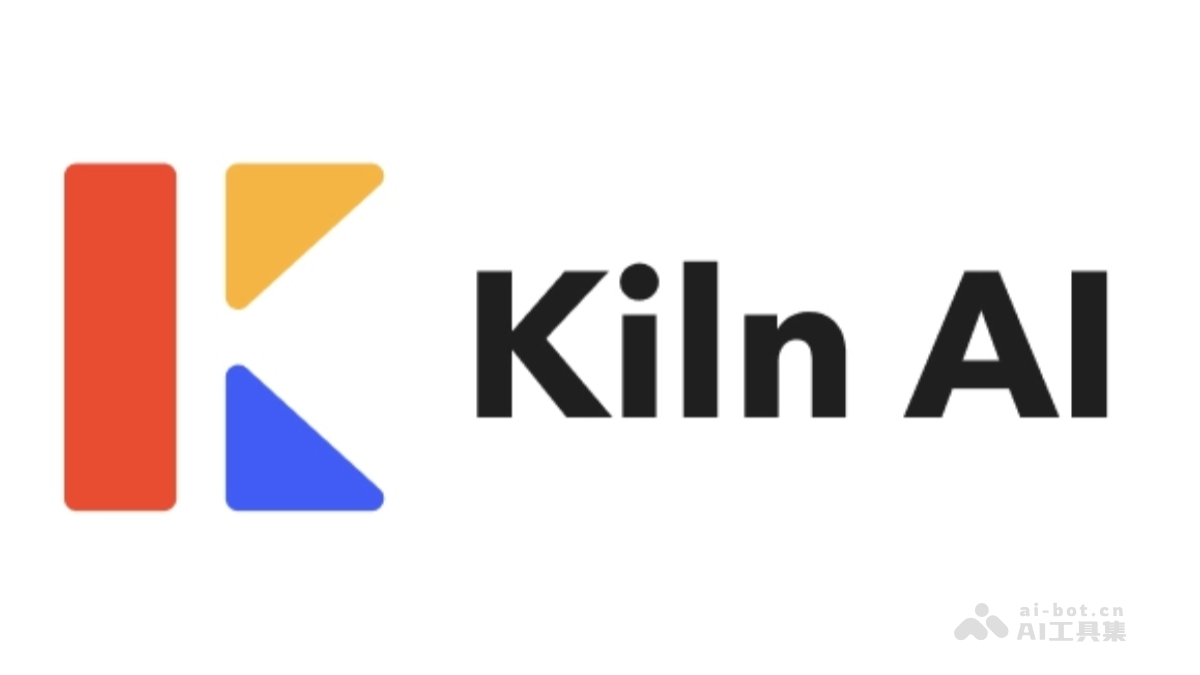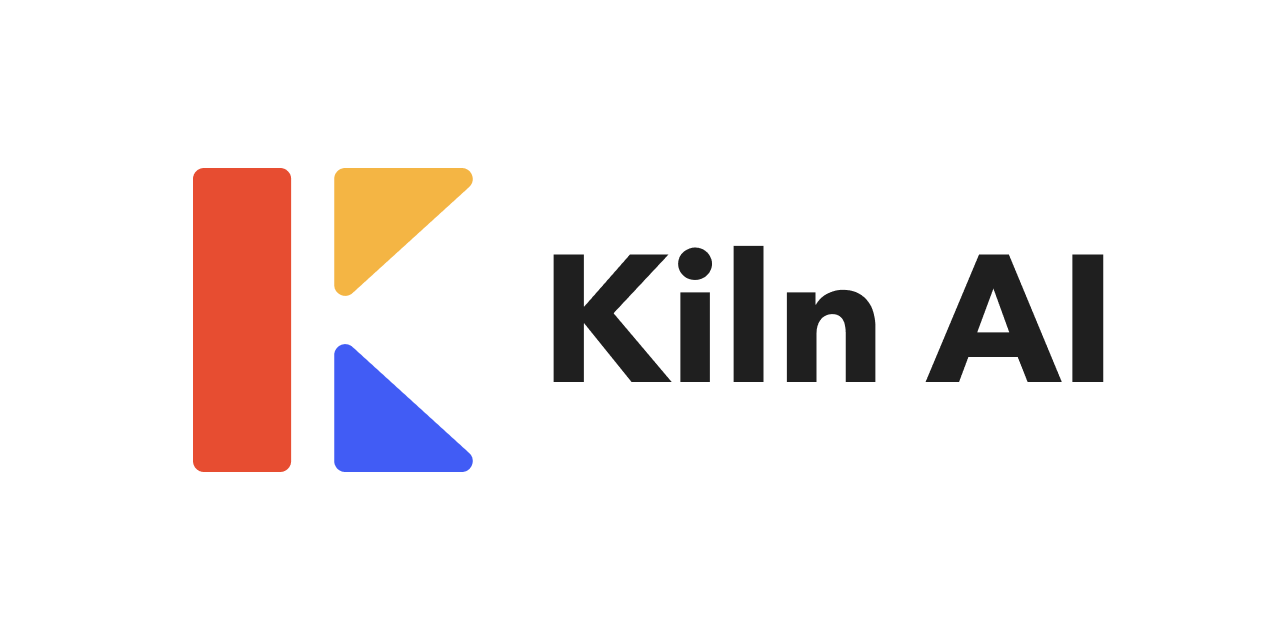KilnAI
by Kiln-AIKiln AI is an open-source AI development tool that simplifies fine-tuning of large language models (LLMs), synthetic data generation, and dataset collaboration.
Kiln AI: Open Source AI Prototyping and Dataset Collaboration Tool
What is Kiln AI?
Kiln AI is an open-source AI development tool that simplifies the fine-tuning of large language models (LLMs), synthetic data generation, and dataset collaboration. It provides an intuitive desktop application compatible with Windows, macOS, and Linux, allowing users to fine-tune various models (such as Llama, GPT4o, and Mixtral) without coding. Kiln AI offers interactive tools for generating training data, supports Git-based version control for team collaboration, and ensures data privacy and security. The Python library is open-source, enabling developers to integrate it into existing workflows.
Key Features of Kiln AI
- Intuitive Desktop Application: Supports Windows, macOS, and Linux, offering one-click installation and a user-friendly interface.
- No-Code Fine-Tuning: Supports various language models like Llama, GPT4o, and Mixtral, with automatic serverless deployment.
- Synthetic Data Generation: Provides interactive visualization tools for generating training data.
- Team Collaboration: Git-based version control supports multi-user collaboration, ideal for QA, PM, and domain experts.
- Automatic Prompt Generation: Automatically generates prompts from data, including chain-of-thought, few-shot, and multi-shot prompts.
- Wide Model and Provider Support: Compatible with models from Ollama, OpenAI, OpenRouter, Fireworks, Groq, AWS, or any OpenAI API-compatible model.
Technical Principles of Kiln AI
- Git-Based Version Control: Uses Git for version control, supporting multi-user collaboration and dataset version management.
- Serverless Deployment: Automatically deploys fine-tuned models to the cloud or local environment without manual server configuration.
- Interactive Data Generation Tools: Provides an interactive interface for generating high-quality synthetic data.
- Python Library Integration: Open-source Python library allows integration into existing workflows, compatible with Jupyter Notebook.
- Multi-Model Support: Supports various language models and platforms through a unified API.
Project Repository
- GitHub Repository: https://github.com/Kiln-AI/Kiln
Quick Start Guide
- Download and Install:
- Desktop Application: Download and install the free desktop application for macOS, Windows, and Linux.
- Python Library: Install the Python library using
pip install kiln-aito integrate datasets into your workflow. - Launch the Application:
- Start the application, create a project, connect to AI providers (e.g., Ollama, OpenAI, OpenRouter), and use sample tasks or define custom tasks.
Supported Models and AI Providers
- Supported Providers: OpenAI, Groq, OpenRouter, AWS, Fireworks, etc.
- Compatible Servers: Any OpenAI-compatible server like LiteLLM or vLLM.
- Setting Up AI Providers: Configure providers in the settings or edit
~/.kiln_ai/settings.yaml.
Synthetic Data Generation
- Zero-Shot Data Generation: Generate data directly based on task definitions.
- Topic Tree Data Generation: Generate data based on nested topic trees.
- Structured Data Generation: Generate data following a user-defined JSON schema.
Fine-Tuning Guide
- Step 1: Define Task and Objective: Create a new task in Kiln UI with initial prompts and requirements.
- Step 2: Generate Training Data: Use synthetic data generation tools to create high-quality datasets.
- Step 3: Select Model for Fine-Tuning: Choose from supported models like GPT-4o, Mixtral 8x7b MoE, or Llama 3.2.
- Step 4: Start Fine-Tuning: Select model, dataset, and training parameters in the "Fine-Tuning" tab.
- Step 5: Deploy and Run Model: Automatically deploy the fine-tuned model and use it via the "Run" tab.
Training Inference Models
- Key Steps: Ensure training data includes reasoning, select appropriate training strategies, and use consistent prompts.
- Inference vs. Chain-of-Thought: Use inference models for cross-domain reasoning or chain-of-thought prompts for task-specific training.
Application Scenarios
- Customer Support: Generate customer service dialogue datasets to improve response accuracy.
- Healthcare: Collaborate with domain experts to create medical datasets for AI models.
- Rapid Prototyping: Experiment with different models for text generation tasks.
- Education: Build educational datasets for fine-tuning AI models in education.
- Finance: Fine-tune risk assessment models with local data processing for privacy.
Features & Capabilities
What You Can Do
Fine-Tuning Llms
Synthetic Data Generation
Dataset Collaboration
Prompt Generation
Model Deployment
Categories
AI Development
Open Source
LLM Fine-Tuning
Dataset Collaboration
Synthetic Data Generation
No-Code AI
Team Collaboration
Data Privacy
Python Library
Multi-Platform Support
Example Uses
- Customer Support
- Healthcare
- Rapid Prototyping
- Education
- Finance
Getting Started
Pricing
free
Screenshots & Images
Primary Screenshot

Additional Images
Stats
132
Views
0
Favorites

